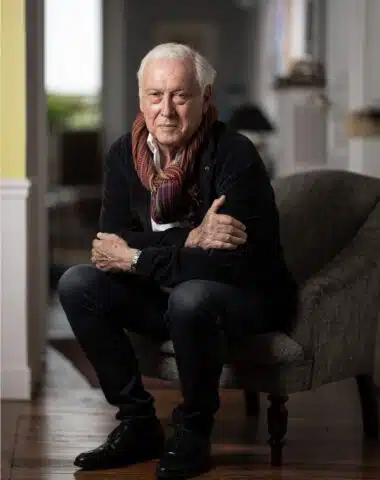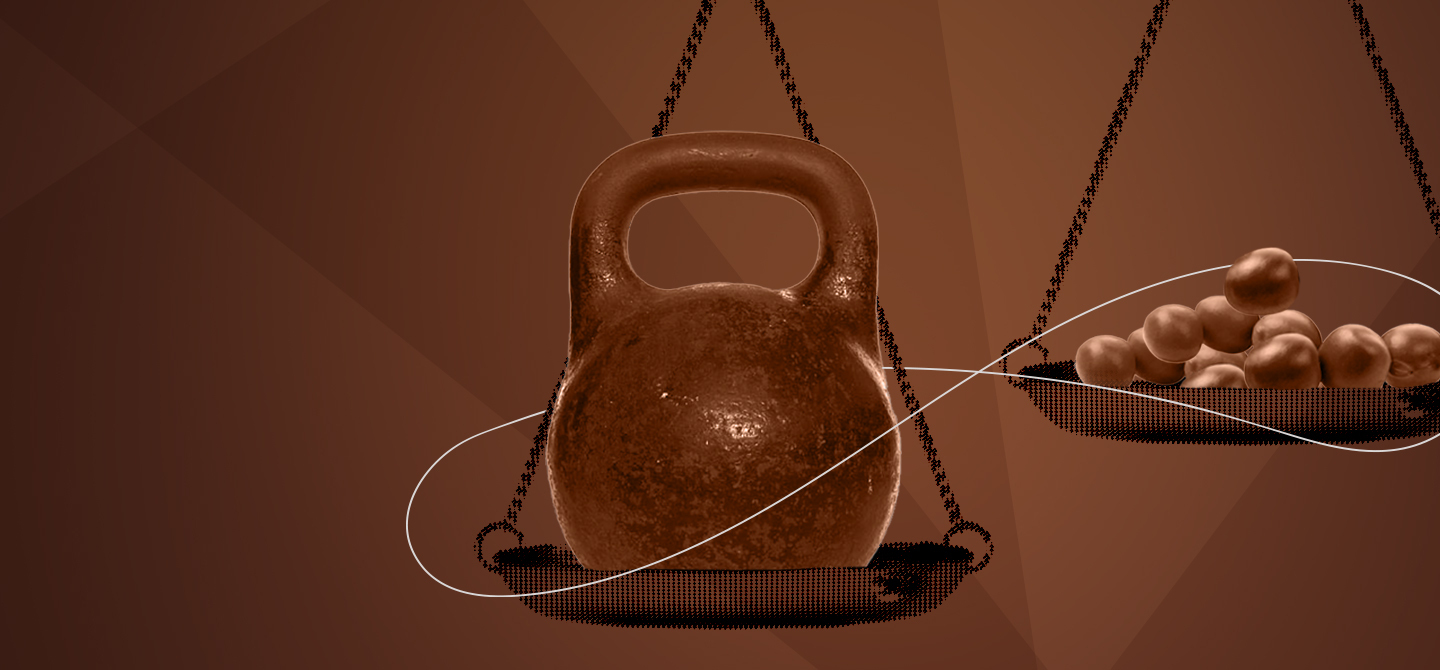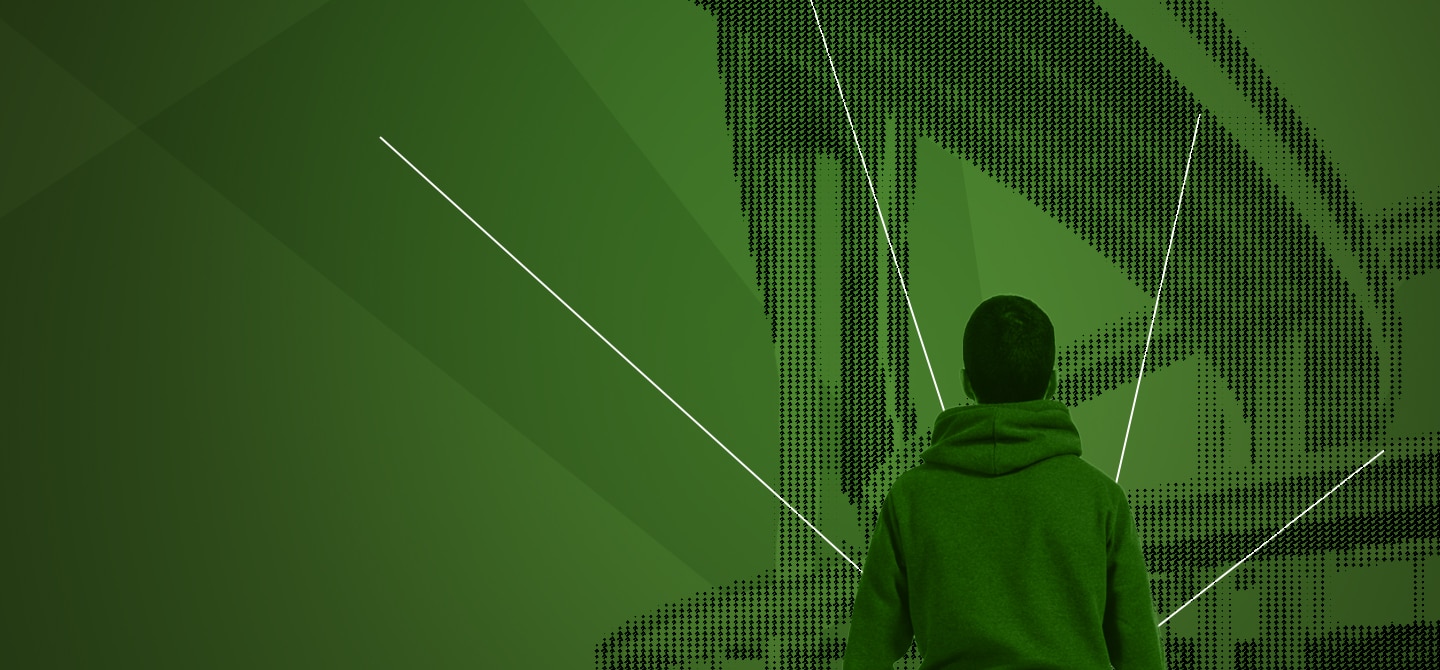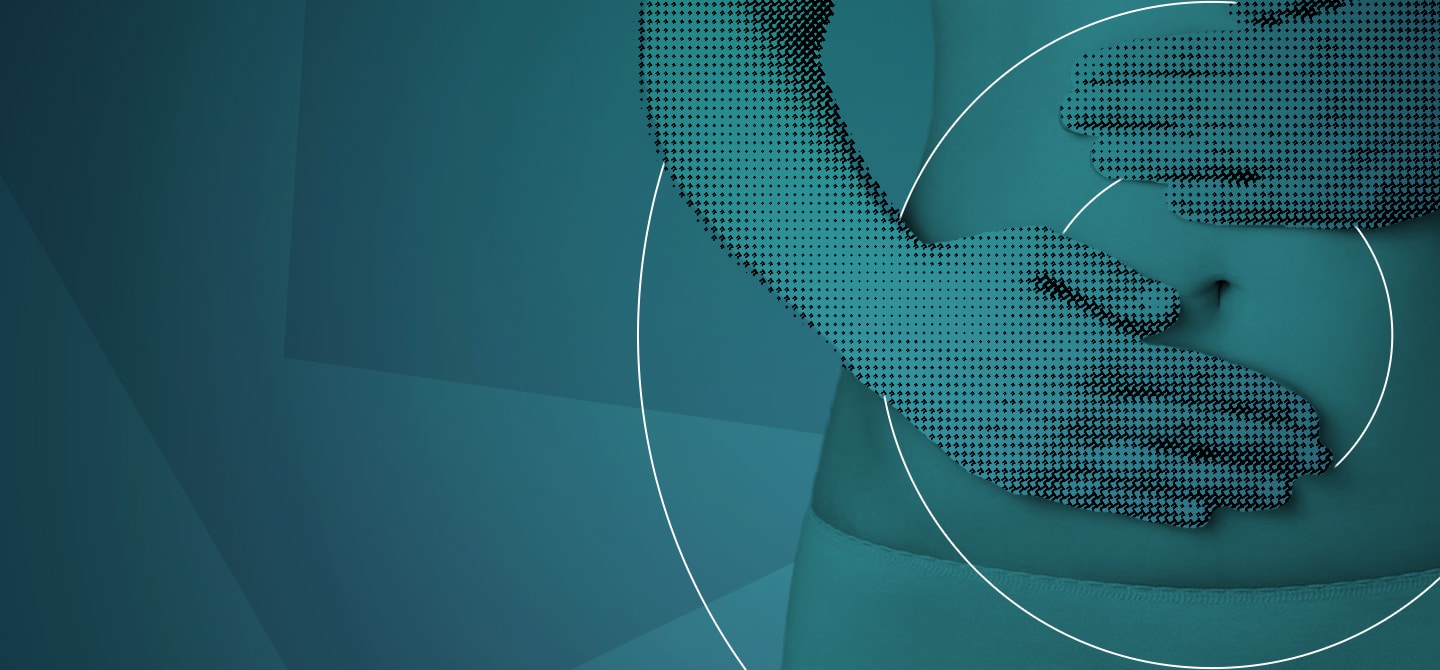Politics and science: a look back at the Covid-19 health crisis
- Dialogue between politicians and scientists is sometimes difficult because politicians are not trained in technical matters or in accepting doubt.
- The French political decisions taken during the health crisis were informed by national experts and international scientific teams.
- The European response to the crisis was the most effective: the loss of life expectancy being -3 months in France compared with -2.6 years in the United States.
- Social networks give much greater weight to opinion, which has led to a rise in conspiracy theories during the health crisis.
- More and more training courses are being set up to give politicians a better grasp of the issues at stake in the world of research and its processes.
Do you think science and politics go well together?
They are two very different worlds, but dialogue between them is essential to the vitality of our democracy, even if it is sometimes complex to establish. This is true in the health sector, and even more so during health crises such as the one we are still experiencing with Covid-19. It is also true of other more or less recent issues. For example, a few years ago, the authorities decided whether or not to pursue nuclear policy in France after listening to a number of experts. Although the experts’ views were not fully taken into account – as the final decision rested with the politicians – the scientific expertise helped to clarify the decision that was made. But, make no mistake, this dialogue is governed by a fundamental principle that has always been very clear: we are a democracy in which is the role of elected politicians to make the final decisions. The role of the experts is to enlighten them, nothing more.
Has this relationship been marked by ups and downs?
Yes, of course. And for many reasons. Firstly, when it comes to science and expertise, subjects are becoming increasingly technical, which means that politicians don’t necessarily have the knowledge to fully grasp them. Secondly, the French political world is fairly stereotyped. It’s a world in which elected members of the National Assembly or the Senate, for example, live side by side with several thousand people working in cabinets or major administrative departments. Most of them are graduates of ENA, now known as the Institut national du service public (INSP). This school, which is specific to France, trains sharp minds that are capable of taking decisions, but does not introduce them to scientific reasoning. Most of them left the field of science in the second or first year of secondary school and were subsequently trained in humanities-oriented courses.

Almost all of our politicians have never taken part in a thesis, either in the hard sciences or in the humanities and social sciences. Yet preparing and defending a thesis requires an understanding of how research works – in other words an acceptance of doubt and uncertainty. Our ruling class, to some extent, is too used to living in ignorance of this doubt. It is also striking to note that there are almost no engineers left in our political class, which was not always the case. Today, the vast majority of engineers work in the private sector, whereas in other major European democracies such as Germany, the UK and Spain, there is greater diversification of the ruling elite.
What are the differences with the British model, for example?
In the Anglo-Saxon model, there is often a chief scientist who is responsible for communicating scientific information to political decision-makers. In France, I don’t think we’ve given enough thought to this model. Our current relationship between expertise and political decisions is based on a series of good wills and established links, but it is not sufficiently structured to be really effective.
How is this an obstacle to good relations between scientists and politicians?
It makes exchanges more complex for two reasons. Firstly, the relationship between external expertise and decision-makers is weakened because the latter do not always have the cultural background to understand what scientists are sharing with them.What’s more, the resulting lack of understanding of the research community and the relatively limited interest shown in it by political players partly explains the difficulty we have in France in making research appear as essential to the nation’s vision as it did 30 or 40 years ago. Today, we talk a lot about innovation, but in the end, we don’t really talk about research anymore.
How can we break out of these stereotypes?
There is now a growing awareness of the importance of diversifying the training and knowledge base of those who make decisions. We have been asked to provide information sessions on public health issues and epidemic preparedness, for example. In fact, the INSP has a course on the subject. Let’s be clear, the aim is not to turn decision-makers into scientists, but to diversify their training so that they have a better grasp of the major issues at stake in the world of research and its processes.
What is the role of the citizen here?
The citizen is an integral part of the ongoing construction of democracy, particularly democracy in healthcare. The triangle they form with the expert and the politician means that their interests can be better considered, a number of contradictions and distrusts can be cleared up, and public action can be taken in a climate of greater trust on a wide range of issues – particularly in times of crisis, whether financial or health-related.
What’s important in crisis management is to preserve the bond of trust between citizens, politicians, and experts. This is the most difficult thing to achieve because trust is never taken for granted: it must be built, it must be worked on. With the Scientific Advisory Board, we have tried to do our best to enlighten our fellow citizens and politicians to maintain this trust, by providing the right information in an emergency situation, which requires complex reflexive work.
The response of European democracies to the health crisis was the most effective of all.
As with the “health pass”, the translation of the experts’ word into political action has raised the hackles of a number of citizens. I approach this situation with a certain degree of humility. First of all, it’s not easy to make political decisions. We always tend to accuse politicians of various and sundry ills, but in France we are lucky enough to still have a real democratic vision, which is not the case in all countries. Our governments have ensured that their decisions are informed by the word of experts, whose sole role is to advise. In my opinion, the distinction between the responsibilities of each party was very clear.
What’s more, all the data provided by the various international teams working on the consequences of this pandemic, using the loss of life expectancy of a nation as a marker, and comparing mortality linked to Covid and mortality unrelated to the crisis, pointed in the same direction. Contrary to what was said at the start of the crisis, the response of democracies, and in particular European democracies, was ultimately the most effective of all.
The loss of life expectancy during the first two years of the Covid-19 crisis in Europe varies between ‑3 months in France, compared with ‑6 months in Germany and ‑9 months in Spain and the UK, and even ‑1.2 and ‑1.5 years of loss of life expectancy for Eastern European countries, which are among those that vaccinated the least in Europe. In the United States, a democratic and highly innovative nation, if only in the field of vaccines, the loss of lifespan was ‑2.6 years. Why such a huge difference? How can we explain it? By the difficulty of access to healthcare for the most vulnerable and poorest populations, in particular African-Americans and Hispanics. This issue of access to care, and therefore of covering the costs for the most vulnerable, is an essential factor to consider. This shows that we cannot pit research and innovation against public health measures, or individual freedoms against collective freedoms.
Isn’t public distrust of science on the rise?
I’m not a specialist in the history of science, but I think this mistrust has always existed. Science and scientific research have always progressed with difficulty. Doubts, whether they emanate from individuals or institutions – including the Catholic Church, which has refuted several major discoveries throughout its history – have always been part of this complex relationship between politicians, scientists and citizens. Above all, society’s communication tools have changed considerably: social networks have given a new dimension to opinion and given it much greater weight than before.
In fact, during this health crisis, we’ve seen an upsurge in conspiracy theories.
Social media have largely interfered in the relationships between scientists, politicians, and the general public. This democratic triangle is perhaps becoming a square in which the new partner is the social networks. This leads me to make two observations.
In my opinion, social media have largely interfered in the relationship between scientists, politicians, and citizens.
First of all, and I think this may not have been made sufficiently clear during this crisis, we need to make everyone understand what research uncertainty is. Research is built by asking questions and trying to find answers. Social networks have not contributed, to say the least, to this recognition of uncertainty in science.
The second point is that science does have a certain number of certainties. I don’t mind people saying whatever they want on social media, but the earth is round. If you put your hand in a pan of boiling water, you can say whatever you like on Twitter, but you’ll get burnt. Today there are several solid scientific foundations that absolutely must be protected from the ‘conspiracy’ of social networks and the disinformation to which they contribute.
What about scientists? How can we improve their engagement with political decision-makers?
They are trained to do science and publish their work, not necessarily to communicate their expertise. This is where we need to improve communication and training within these different spheres to move towards greater mutual understanding.














